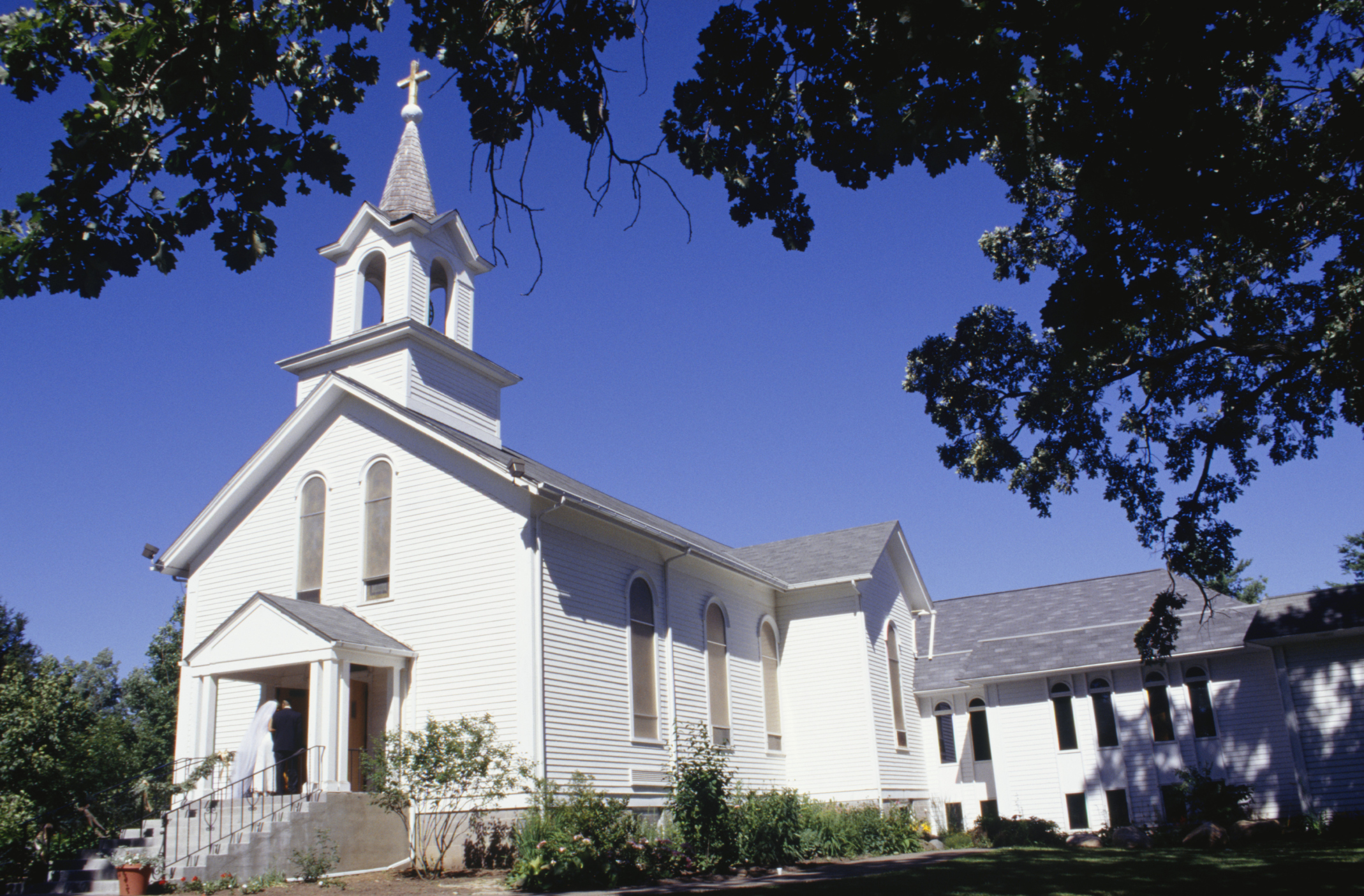9 in 10 Evangelicals Don’t Think Sermons Are Too Long was the title of a recent Christianity Today post that captured my attention. That is good news for us preachers. Here is another surprising discovery, 88 percent are happy with how often the church asks for tithes and donations.1. Why do most pastors hate preaching on stewardship if the above is true?
We don’t want to be known as the preacher that always talks about money. I recently interviewed pastors from the Missouri Baptist Convention about preaching on stewardship. I asked them what advice they had for other pastors. Pastor Dennis Gard of Central Baptist Church in Eureka MO gave this advice, “Don’t be afraid to preach about giving. I know pastors are accused of “always asking for money,” but my experience is that most of us rarely talk about money.” Dennis is correct as a study found that only 32 percent of American church members reported that they had heard a sermon on the relationship between faith and personal finances in the previous year.2.
If I were to ask your members when you preached a sermon on stewardship, what would their answer be? If you have to think about when the last time was you preached on stewardship, then that is too long. This week’s edition of the Coach is entitled The Power of the Pulpit. It’s the first in a three-part series on preaching on stewardship.
Don’t be the typical pastor. I find two basic positions when I make the plea for preaching a stewardship series to pastors. One relates that many pastors are not convinced they need to preach stewardship. The other position is that preaching on stewardship will hurt attendance. Few pastors would admit this, of course. In today’s attractional church, our focus in worship is often on adding new guests, not making disciples. I believe you can do both.
Here is my answer to the typical pastor. To the first, today’s giving might be good, but for how long? The Great Generational Giving Shift is coming to a church near you soon. What will you do then? Now is the time to start training the next generation of generous church members. One of the best ways is to use the power of the pulpit.
Using the power of the pulpit is your best window of opportunity for Next Gen stewardship education. My friend, Pastor Shane Bishop, wrote a brilliant article about how families have changed their church attendance habits due to Covid. He commented that “As families have emerged from lockdown, attending live church for many is further down the priority list than ever before.” He then stated, “We can moan, wail, and decry the fact that these families are only attending church once or twice a month, or we can rethink our approach altogether. I believe effective churches will have to pivot to embrace the mindset of maximizing the time families DO block off for live worship. That time is overwhelmingly Sunday mornings. If families can’t make it to Sunday morning worship, they don’t make it to worship at all.”
120 minutes a month to make an impact for eternity. That is, in essence, all the discipleship time you will get from your average church member. Shane is right; moaning and wailing will not change this. It’s time to use your weekend services to teach biblical stewardship. Let me apply a Brooks mantra…
The church that survives in the future is the church that prepares for the future today. Your financial security can lay in the power of the pulpit sharing the joys of a life lived as a good steward of what God has entrusted us.
Does preaching on money turn people off? For those that worry a series on stewardship will drive people away from your church, let me answer that by saying,
If you use the power of the pulpit correctly, you will attract people rather than drive them away. I have contended for years that it isn’t that we talk about money that drives people away; it’s how we talk or preach on the topic. Christianity Today’s articles make my case stating this about evangelical church churchgoers,
“Most don’t think the sermons are too long; if anything, they’d like to see more in-depth teaching from leaders. They aren’t bothered by too many messages about giving. They don’t think social issues and politics play an outsized role in the teaching.”3.
So, how do you use the power of the pulpit correctly for stewardship preaching? Here are some key thoughts I wrote…
- Don’t run your people through the guilt gauntlet! Guilt never works!
- Get them to focus on their priorities. This deals with the “I can’t afford to give” argument. I do think it is instructive to show them the real reason many members do not give is that they have misplaced priorities to begin with. Before you plan this series, see point number one above.
- Teach total stewardship. You must have a long-term plan to teach total stewardship. Remember, teaching stewardship will not drive people away if you do it correctly.
- Dedicate a whole series to stewardship. Barna studies have shown that series on stewardship are always more effective than a stand-alone sermon. See the Bonus Section.
- Inspire them to give. If you show your members why giving will benefit them, you will see them give more. Here are a couple of thoughts to that end:
- Point out God’s blessing for giving – Jesus said, “Give, and it shall be given unto you…” Malachi says with regards to giving; God will “throw open the floodgates of heaven and pour out so much blessing that you will not have room enough for it.” God’s commands to give are also promises of blessing.
- Help them see they are making a difference through their gift – Studies have consistently shown that people give when they see the need and feel their gift will make a difference.
Correctly using the power of the pulpit will increase giving and attendance. One more thing about the power of the pulpit:
The power of the pulpit is the Word of God, and God’s Word teaches us the value of being good stewards. Do you believe God’s Word? I know you do. So, why would you not preach on a topic that the Bible mentions so much? Let me ask you another question. Have you ever met a malnourished tither? The path to financial security comes when we put God first in everything, including our finances. Thus, preaching regularly on stewardship helps your members become good stewards, which benefits your church’s finances and your member’s finances.
As pastors, one of our goals should be to capture people’s hearts when it comes to giving so they can experience the blessing and joy of a life of generosity. We don’t give to get, but I have found that giving leads to financial security. Why would you not want members and guests to hear how to order their lives in such a way as to have financial security? It’s all right there for you in the Bible. And that is the power of the pulpit. So, let me ask you,
How long has it been since you last preached a series on stewardship?

Mark Brooks – The Stewardship Coach
mark@acts17generosity.com
- 9 in 10 Evangelicals Don’t Think Sermons Are Too Long…… | News & Reporting | Christianity Today
- Smith, Christian, and Michael Emerson. Passing the Plate. New York, NY: Oxford University Press. 2008. 83.
- 9 in 10 Evangelicals Don’t Think Sermons Are Too Long…… | News & Reporting | Christianity Today

